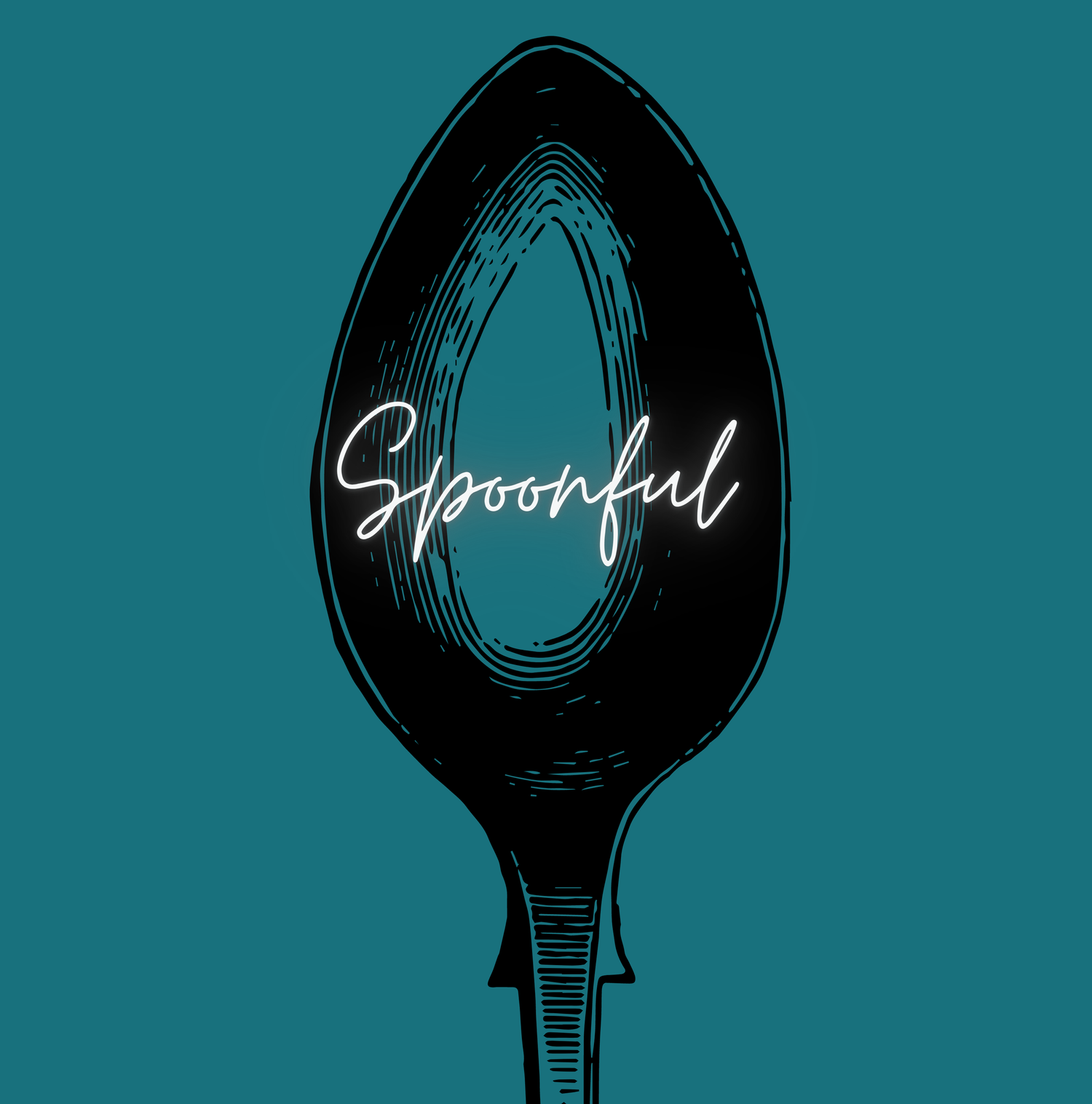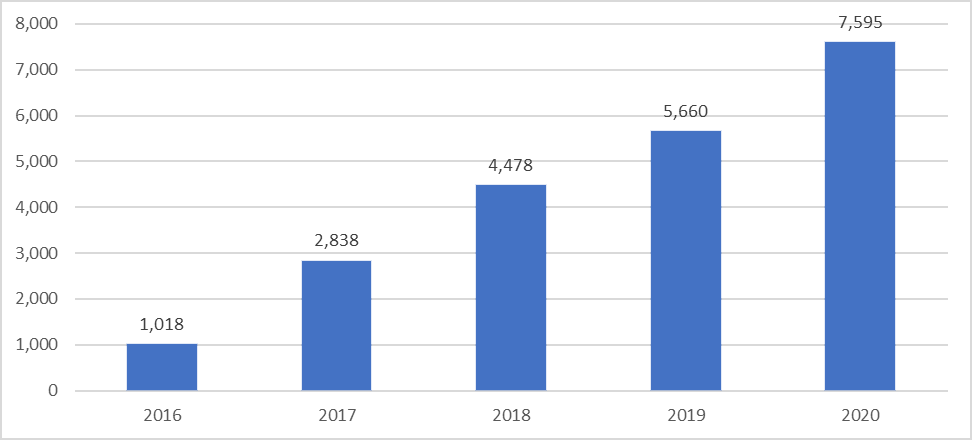Ableism
Ableism is discrimination based on disabilities. It comes in many forms; mainly what I classify as "direct" or "indirect" . This can be seemingly obvious, or subconscious from ingrained beliefs.
TW: Ableism, euthanasia
Direct
Hopefully this subtype is obvious to identify. This category includes: derogatory remarks, excluding the disabled, mocking the disabled, and unfortunately much more, often violent ways. Perhaps one of the best modern examples of direct ableism come from the 45th POTUS.
A common ableist gesture involves bending both the elbow and wrist (so the wrist is bent down) and then hitting the chest repeatedly with the hand; often it’s paired with the R slur (that rhymes with “bard”). This gesture mimics the muscle movement of a contracture, which is often seen in neurological disorders and injuries; some of which may cause developmental and cognitive impairment. In addition to being seen in school grounds with bullies, this gesture and ignorant, insulting remarks was widespread during the 2016 presidential campaign.
After he was countered by a CNN reporter, Serge Kovaleski, on past statements, Trump flailed his arms around and gestured in this fashion while using an insulting tone. The reporter he mocked has a joint condition that heavily affects his right side and causes it to rest in a bent position. Additionally, when accused of mocking the reporter, Trump denied any wrongdoing - and suggested that Mr. Kovaleski should "stop using his disability to grandstand".
The notion of "using disability " to gain leverage is one that is insanely widespread. Like with anything, there are people that do this; but it is definitely not a "default". The vast majority of disabled people face discrimination based on disabilities and their disability often results in being" below" able bodied people, rather than putting them on a pedestal.
Another terrifying modern example of direct ableism is the current situation in Canada. MAiD (medical assistance in dying, AKA euthanasia or physician assisted suicide) has been available in Canada since June 2016; initially it was available for terminally ill patients. However, in 2019 it was ruled that it could be available for those who don’t have a terminal, irreversible illness. This excluded the mentally ill, but in 2023, it will be available to the mentally ill as well.
For the disabled and chronically ill Canadians, this has resulted in being suggested MAiD instead of further treatments and supports. Though the government website seems to encourage seeking healthcare options first and then voluntarily asking for MAiD, I’ve read several accounts of disabled Canadians calling to seek care and support, but being referred for MAiD instead. Additionally, many disabled people aren’t able to afford necessities or lack access to care and thus, seek MAiD.
Combined with rising costs of living, the ongoing pandemic, and meager disability benefits, this is nothing short of horrendous! It’s genocidal by definition – an intentional killing of a particular group, but with a legal safeguard.
Indirect
This category of ableism is harder to identify; a disabled person or someone with good intentions can often be guilty of it.
Much indirect ableism is ingrained from culture and society – internalized ableism; everyone is guilty of it to some degree. On a personal level, I often experience feelings of guilt for needing help and feel like a burden on my loved ones. I know that it isn’t logical, but it’s a sentiment that many people have expressed over my lifetime about myself and others like me. When something is said so much, you begin to wonder if it’s true.
Another common form of indirect ableism is what I call “over helpers” and those who are overprotective. When people rush to do things (“help”) that you’re capable of doing yourself, it feels infantilizing and sends the message that they don’t believe you can do the thing and they can do it better. They have good intentions, but I am capable of doing things by myself and ask for help when needed. It’s always best to wait for someone to ask for help, ask if they want help, or if they are struggling to then jump in and help. But please, just let me pour my own chips in a bowl.
As for the overprotective, it conveys a similar message as well. It can feel like you’re being handled like thin porcelain and might break at the slightest move. Being protective is fine, but keeping it at a reasonable level is key!


